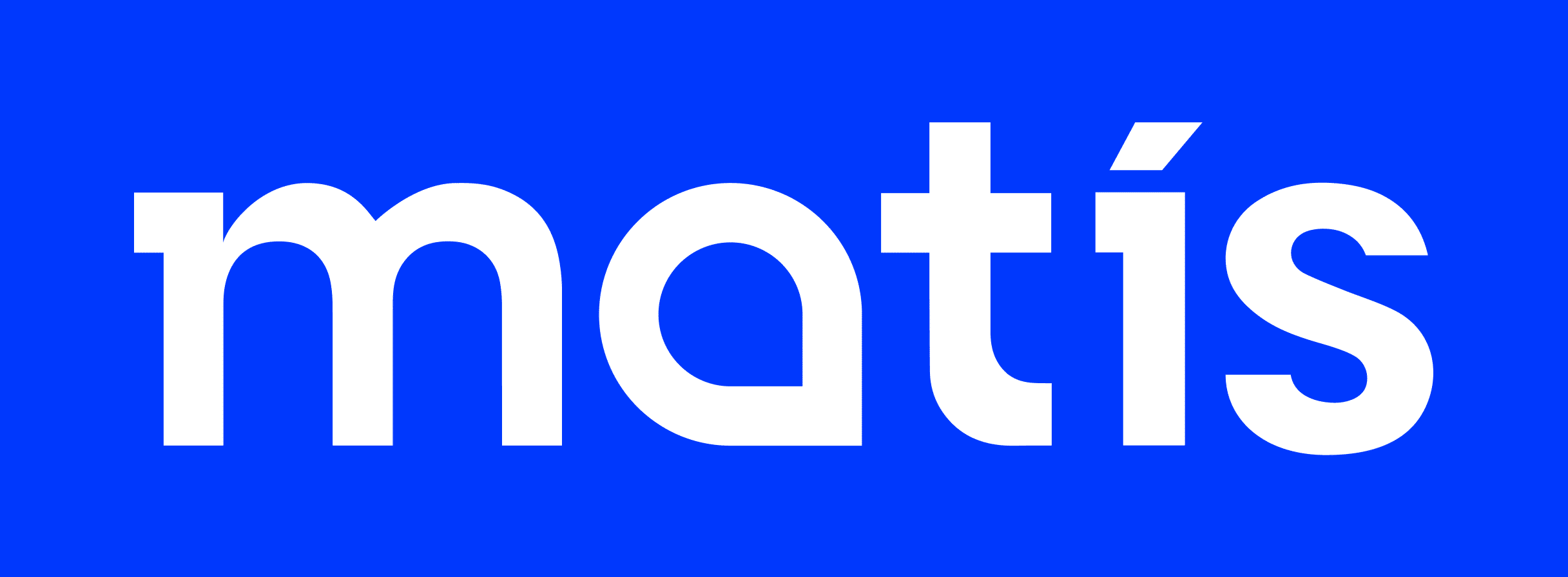NordMar Plastic RISK: Socioeconomic risks of plastic to the bioeconomy – Icelandic case study
The risks related to plastic on the bioeconomy are not only biological, toxicological and chemical, but also societal and economical. Influence of tainted opinion on the Nordic environment or Nordic production could influence tourism, marketing and general wellbeing. The aim of the NordMar PlasticRISK project is to evaluate the diverse impact and main socioeconomic risks related to marine plastic pollution on the bioeconomy of the Nordic countries using Iceland as a case study. Two of the main industries in Iceland, the fishing industry and tourism, are heavily dependent on the bioeconomy as well as clean and pristine environment. Economical risks, followed by tainting the environment with visual plastic debris and macroplastic as well as unclear status of microplastic, is estimated to be high due to increased environmental awareness of consumers and tourists, where the main focus of tourist arriving to Iceland is to experience pristine environment. Several actions are suggested such as to evaluate and improve the Icelandic system for recycling of used fishing gear, evaluate further marketing options and value of advertising low and responsible plastic use in these two main industries and increase education on environmental issues in the School of navigation.
